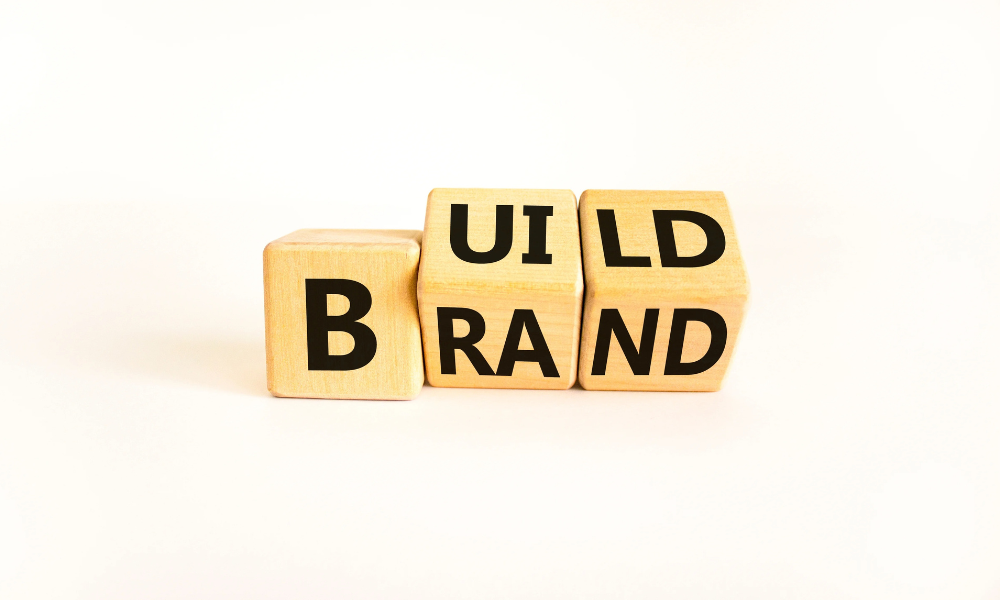Property developers are professionals or entities that are engaged in the business of searching, planning, constructing, and re-developing properties. In becoming a property developer, it’s important to know the different laws that will govern such a profession.
How do I become a property developer in Canada?
Below are some steps that you can take when you plan on becoming a property developer in Canada:
- Education: earn a related degree in property development.
- Brokerage: find a brokerage to work with and network with other developers.
- Experience: gain experience by working for a company or in other related fields.
- Specialize: continue your education by specializing in a specific field.
- Licensing: get a real estate licence according to your provincial law if you’re also planning on becoming a real estate agent or broker.
Types of property developers
To help you decide on your career path in becoming a property developer, here are some of the professions that you can target:
- Appraisers
- Residential Developers
- Commercial Developers
- Green Developers
- Luxury Developers
- Urban Planners
When choosing any of these professions, it’s important to know the licensing regulations and the Canadian laws governing your chosen field.
1. Appraisers
Professional real estate appraisers provide services by determining the value of the subject real property.
There are two major real estate appraiser organizations in Canada:
- Appraisal Institute of Canada
- Canadian National Association of Real Estate Appraisers
To be qualified as an appraiser, you must pass the eligibility and training requirements of one of these organizations.
2. Residential Developers
Residential developers guide clients in buying or selling their houses. In addition, they provide advice on financing options and relocation services.
Some provinces in Canada require licensing of residential developers. In Alberta, residential builders are required to have a builder licence. This licence is necessary to obtain permits for constructing new homes.
3. Commercial Developers
Commercial developers specialize in developing buildings or real properties other than residential ones such as office spaces, industrial buildings, or retail stores.
While being a commercial developer may not need a specific license, acting as an agent or a broker will require a license under the provincial laws discussed below.
4. Green Developers
Green developers focus on designing or developing properties that are energy-efficient or produce minimal greenhouse gas emissions.
5. Luxury Developers
Luxury developers cater to the high-end market. Much like green developers, licensing for luxury developers is not required under Canada’s laws.
6. Urban Planners
Urban planners or urban developers usually work for the government and other stakeholders in planning and executing a development plan of a city or a town.
To become a registered planner in Canada, a certification must be obtained from the Canadian Institute of Planners.
What is the best degree to get before becoming a property developer?
Choosing the right degree can give you a head start in becoming a property developer. Although there is no specific degree required, it’s important to choose one that fits property development.
Some of the bachelor’s degrees that are related to property development include:
- Accounting
- Architecture
- Business Administration
- Construction Management
- Economics
- Engineering
- Finance
- Management
- Urban Planning
You may also consider studying law or taking a postgraduate degree in real estate development to advance your career as a property developer.
Do licensing laws apply in becoming a property developer?
If you want to become a property developer and practice real estate trading or brokerage in Canada, you will need a licence.
Real estate trading or brokerage is a regulated profession in Canada. It means that every person who works or presents themselves as a real estate agent or broker must be registered or licensed.
Registration or licensing may depend on your applicable provincial law. Some examples of these laws are:
- Ontario: Real Estate and Business Brokers Act
- Québec: Real Estate Brokerage Act
- British Columbia: Real Estate Services Act
- Alberta: Real Estate Act
- Nova Scotia: Real Estate Trading Act
Watch this video to know more about the work of a real estate agent or broker:
Know more about being an agent, broker, or a property developer by consulting with a property development lawyer in your area. If you live in Edmonton, for example, contact a Lexpert-Ranked best property development lawyer in Alberta.
Covered activities
These provincial real estate laws define the real estate activities that a person must be licensed for.
For example, under Ontario’s Real Estate and Business Brokers Act, a person who is engaged in the trade of real estate as a broker, brokerage, or salesperson must be registered with the Real Estate Council of Ontario.
“Trade” of real estate under the Act includes:
- Sale
- Purchase
- Facilitating an agreement for purchase and sale
- Exchange
- Option
- Lease or rental
- Offer or attempt to list a real estate for any of the above-mentioned purpose
- Advertisement or negotiation for any of the above-mentioned purpose
Eligibility
There are certain qualifications that a person must meet to register as a real estate agent or broker.
For instance, British Columbia’s Real Estate Services Act provides that, to be eligible for registration, a person must be:
- at least 19 years old
- a Canadian citizen, or have a permanent resident status, or have a valid work permit or visa without any restrictions
- pass the Good Reputation, Suitability, and Fitness Guidelines
- proficient in the English language by passing the CELPIP-General test
Process
Licensing is handled by the authorities named in the provincial real estate laws.
In Nova Scotia, licensing of persons to trade in real estate is handled by the Nova Scotia Real Estate Commission. Its licensing process is as follows:
- Complete and pass the salesperson licensing course.
- Obtain an endorsement from a licensed broker or brokerage.
- Obtain a criminal record check.
- Complete the license application forms and pay the application fee.
- Purchase the necessary insurance.
Interested in knowing more about becoming a property developer? Hear it straight from the experts in property development law. Contact a Lexpert-ranked best property development lawyer today.





